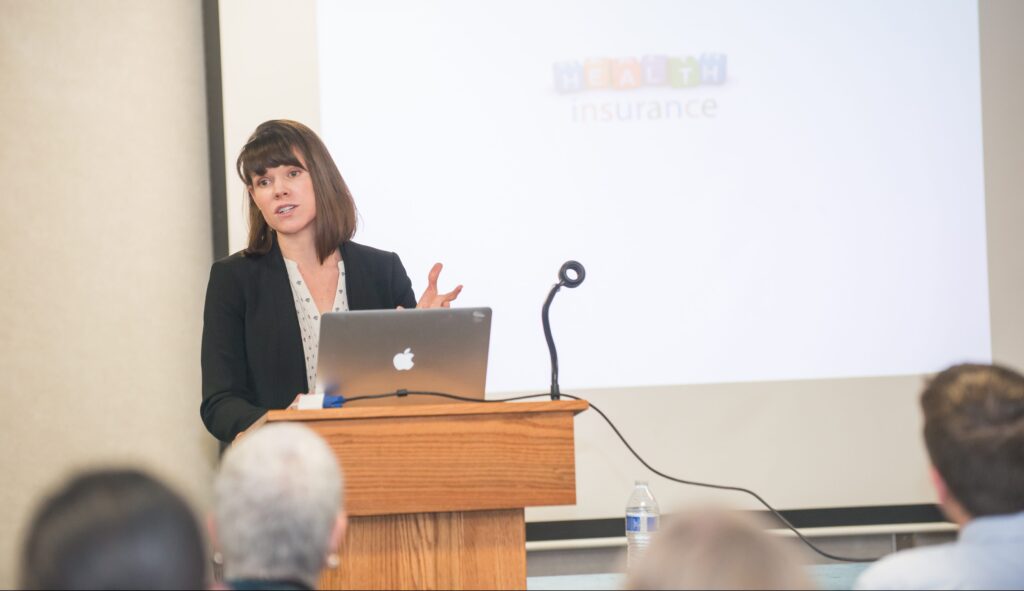Tyson King-Meadows, chair of Africana studies and associate professor of political science, has been appointed associate dean of UMBC’s College of Arts, Humanities and Social Sciences (CAHSS), beginning in summer 2016. King-Meadows joined UMBC in 2003 and has held numerous leadership positions across campus. He’s an affiliate faculty member of the School of Public Policy and the Maryland Institute for Policy Analysis and Research. Most recently, he served on the Strategic Planning Steering Committee and the Collective Impact in Research, Scholarship & Creative Achievement Strategy Group. Prof. King-Meadows co-chairs the Executive Committee for the Recruitment, Retention and Advancement of Underrepresented Minority Faculty… Continue Reading Tyson King-Meadows appointed associate dean of College of Arts, Humanities, and Social Sciences





